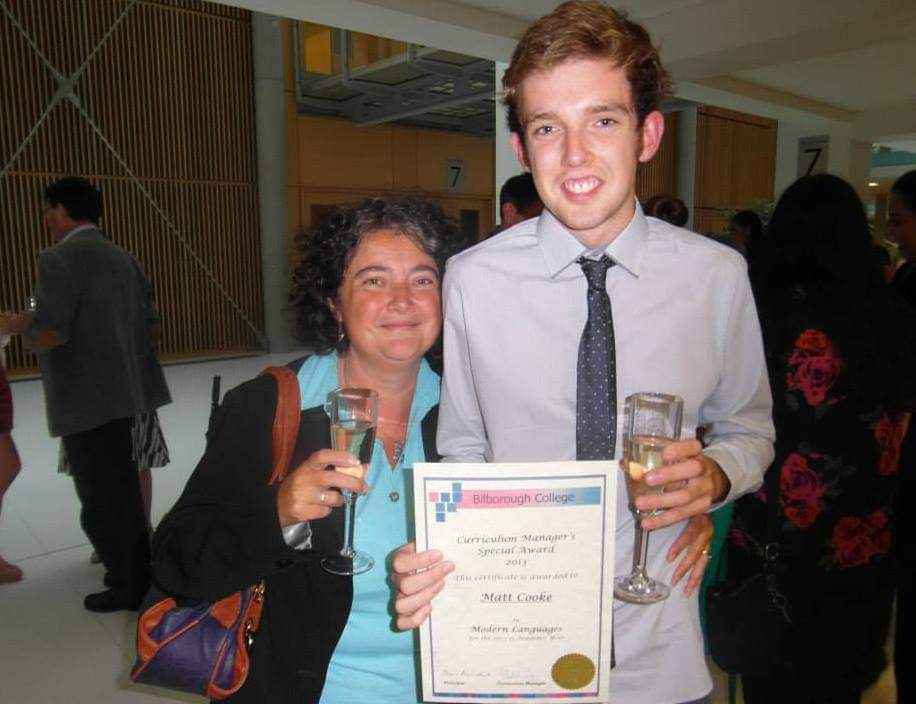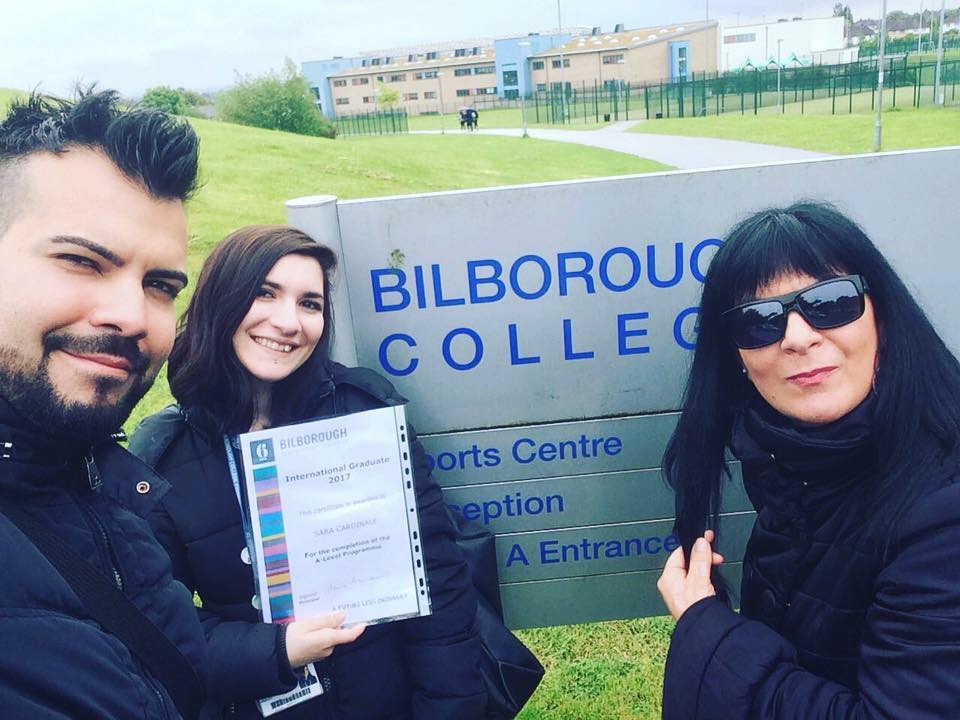Applying To College: What Courses Do I Choose?
Choosing the right Level 3 courses for you…
It can be a difficult task! We’re here to help you choose the right college courses for you throughout the application and enrolment process.
You need to pick THREE subjects to study at Bilborough, at least one of these has to be an A Level (we have some great BTECs too!). Some uni courses will ask for two or more of your choices to be A Levels so make sure you take a look at the entry requirements if you have a particular course in mind!

It can be really hard to decide which courses are right for you when you’re applying to college! Here are 3 tips on helping to pick your courses….
1. Come to an Open Day!
This may be obvious but there is really no better way to find out about each course than by seeing the classrooms where it’s taught and chatting to the teachers who teach it. You can ask anything at our Open Days and many people come away with a much clearer idea of what they want to study.
2. Think about your future!
If you’re not sure about the next step, think about the end goal. If you’re thinking about uni, make sure you look at some uni courses you might be interested in on the UCAS website and see what the entry requirements are. This can help make sure you’re on the right path to where you want to be! Some university courses will accept a maximum of one BTEC, others might accept 3 A Levels only or have specific courses that must have been studied (e.g. Medicine courses usually require Chemistry A Level and other specific requirements).
3. What do you enjoy?
Think about what subjects you are naturally motivated and do well at! A Levels require hard work both in and out of the classroom so make sure you’re doing subjects that you want to spend a lot of time studying! You will always do your best when you’re enjoying yourself, that’s not to say it won’t be challenging but give yourself the best chances by choosing your best subjects.
If you need anymore guidance on how to choose your college courses, you will have the opportunity to discuss them at enrolment with a member of staff. If you are given a provisional offer, you will also be invited to our Taster Days in the summer, when you will be able to try out all of the subjects you have applied for to see if they are right for you.
For more information about applying to college, please email admissions@bilborough.ac.uk.












